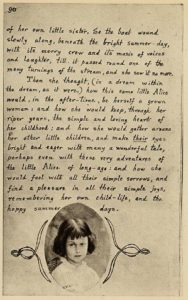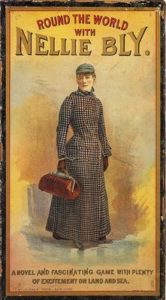
When we were what we no longer are
(young and less understanding of the world)
we would break those windows open
from within, shake
out our beds as if
that could make us unbelieve
the dreams we dreamed the night before.
We have no youth left, our eyes
like aged glass, like thinned milk;
we knew something once
that we forgot on the way to
no more houses that keep us inside,
no more windows that keep us from seeing
but
the owl women need no fear, no darkness
is the shade of dark
that could haunt an owl woman;
true, when the sun is high, burning the roof of heaven,
we bury our heads in each other’s feathers,
ears and hearts close as sin and suffering. We are afraid
(as afraid as owl women can be)
that we will never again hunt
white mice through the labyrinths of darkness
(yes, each turn will lead them closer to us, closer.)
And yet we know, sure as a house lies there
in dying want for human care,
that we will be here, that we are here,
after.

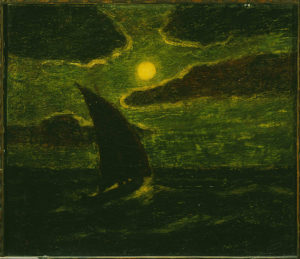
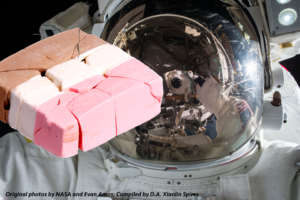
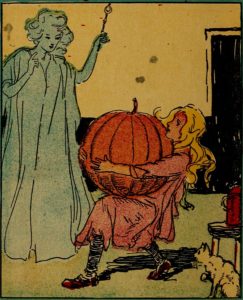
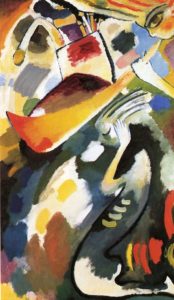
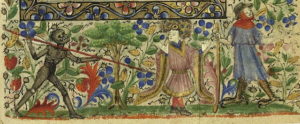
 The metal of the plow drives through black earth,
The metal of the plow drives through black earth,
